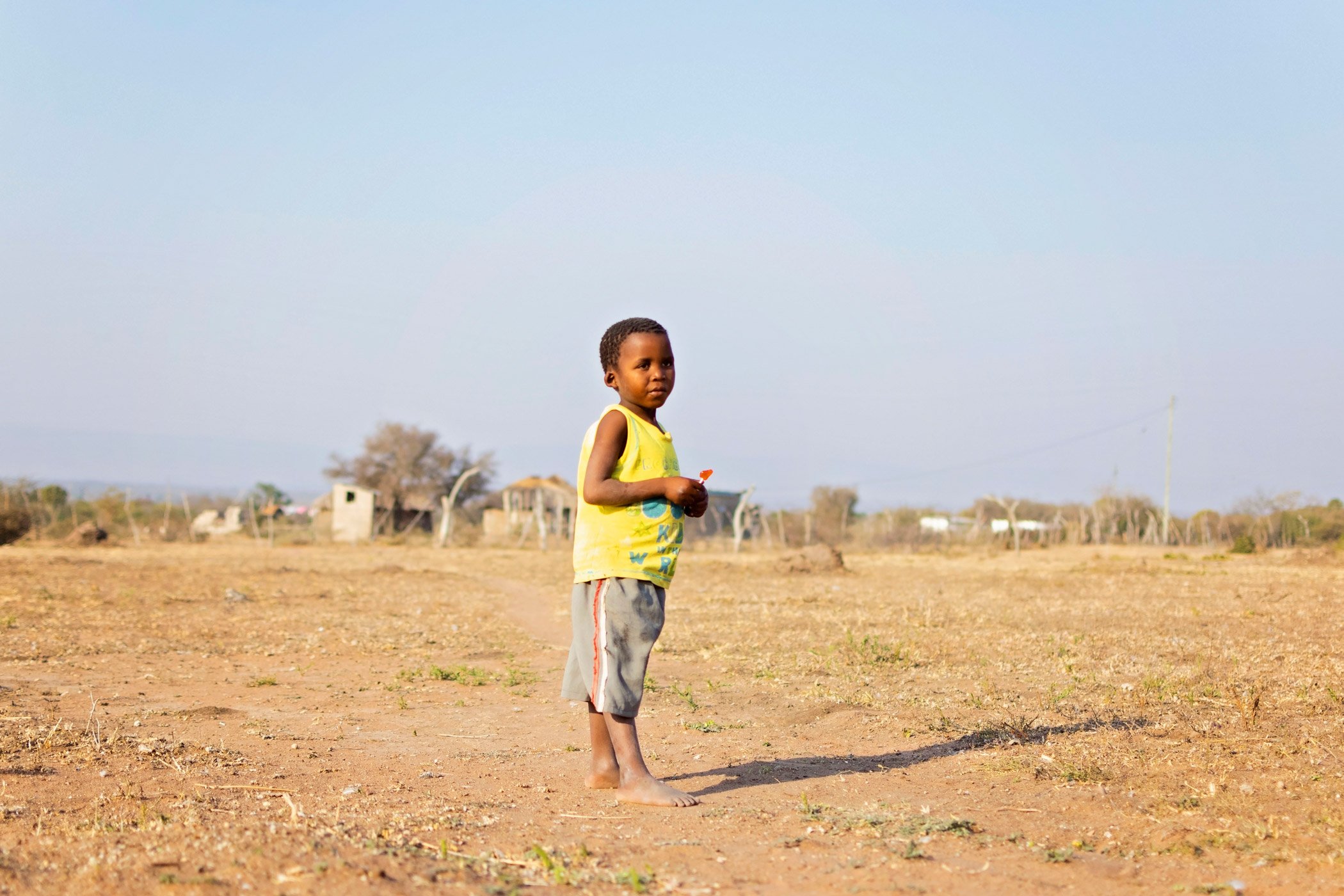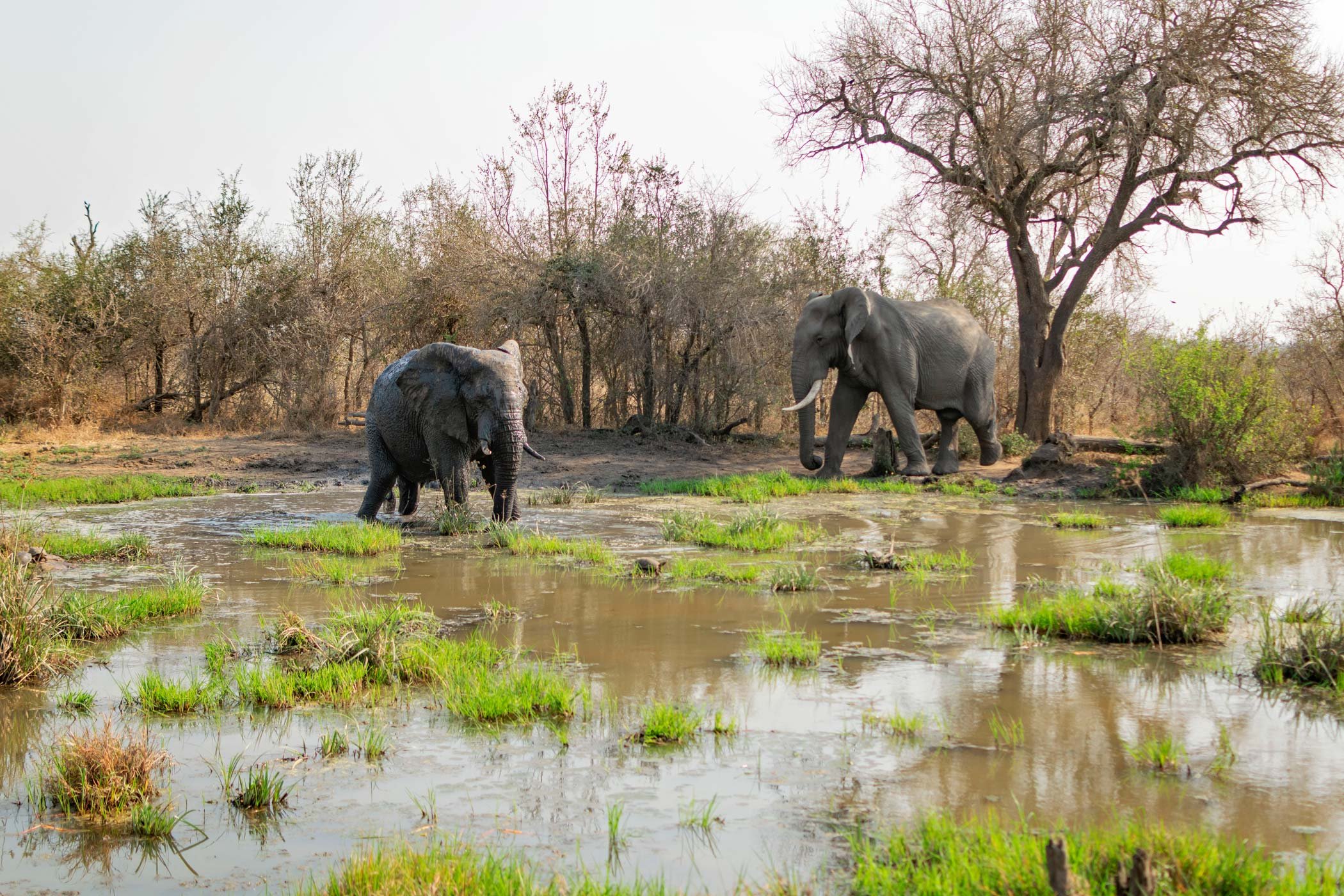
The Kingdom Of eSwatini
Why eSwatini?
Of the approximately 1.2 million inhabitants of the Kingdom of eSwatini, 200,000 ARE ORPHANS. ESwatini, formally Swaziland, is a land-locked kingdom nestled between South Africa and Mozambique and is approximately the size of New Jersey. Sadly, eSwatini is best known for its status of having the highest HIV/AIDS rate in the world. Currently, 28.8% of the population is infected with the disease, leaving many orphaned children behind with no one to care, support, defend, or provide for them. These children suffer from malnutrition, lack of education, abuse, and are vulnerable to being trafficked or forced into child labor or prostitution rings. Most of these children LACK THE BASIC NECESSITIES of life such as food, clean drinking water, adequate clothing or shelter.

Mpolonjeni Community
Historically, the biggest challenge to life in Mpolonjeni has been the lack of clean, potable water. In partnership with the Swazi government, the Swazi Water Corporation, and another NGO, Orphan to Heir’s first project was to pipe in clean drinking water to the community from a water treatment facility 26 miles away. Orphan to Heir was successful in raising the necessary funds, $280,000.00, to purchase the pipe that would bring this life-giving water to a community that had NEVER BEFORE HAD ACCESS TO WATER THAT WAS SAFE FOR CONSUMPTION. Providing a year-round source of water has enabled families to grow gardens of nutrient-rich vegetables, resulting in better nutrition for all the people of Mpolonjeni.
Another benefit of access to this water on a family homestead is that the children, particularly the female child, is able to go to school rather than spending her day walking to fetch water from unclean sources. With this basic need for accessible, potable water met, Orphan to Heir has been able to make great advances in advocacy for the orphans in the community. Working with the local churches, Orphan to Heir has been tremendously effective in highlighting the value of children through spiritual development and pastoral biblical training. We are working alongside the church leadership to educate, equip, and resource families within the church to “adopt” into their homes orphan children from their neighborhoods.

